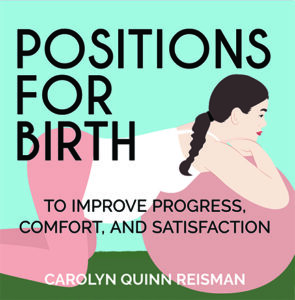During your pregnancy, you will have about 50 percent more blood flowing through your body. But, what does that mean? That means your body is going through some mind-blowing changes to help support your uterus and growing baby. Plus, you are growing an entirely new organ – the placenta. More blood will reach your placenta, and thus your baby, packed with nutrients!
What Makes up Your Blood?
Your blood has ingredients, and mixed all together they make up your blood volume.
Plasma: the liquid component of blood
The primary purpose of plasma is to transport the ingredients of blood to the body – including nutrients, hormones, and proteins. Normally, 55% of our blood volume is made up of plasma.
Red Blood Cells: Carries Oxygen Throughout The Body.
Hemoglobin is the protein inside red blood cells that carries oxygen. Red cells normally make up 40% of the total blood volume. Hemoglobin makes up about 95% of the red blood cell. When a person is anemic, they are deficient in red blood cells.
White blood cells: fights infection.
They make up a very small part of blood volume – normally only about 1% in healthy people. They are also found in other parts of the body besides the blood, such as lymph cells.
Platelets: cells that help you stop bleeding.
There is about one platelet to every 20 red blood cells.
Your Increasing Blood Volume
Your blood volume starts increasing in your first trimester at about 6-8 weeks, with the largest increase occurring during the second trimester. It peaks at around 28 weeks and slows down in the last few weeks of pregnancy through term. Overall, your blood volume during pregnancy will increase by 50-60 percent. Wow! This dramatic rise is essential for several reasons:
Your baby’s health: Your growing blood volume is vital in supporting the placenta, and your baby’s health depends on the placenta. Your amazing placenta is replenished by about 150 ml of blood 3-4 times per minute as it provides the nutrition and oxygen needed for your baby to grow and develop.
Delivers more oxygen to you and your baby: You need the extra blood volume to deliver oxygen to both you and baby. To deliver extra blood to your body and placenta, your heart must work about 30-50% harder. If your resting heart rate before pregnancy was 70 beats per minute, it could increase to 80–90 beats per minute during pregnancy,
Your postpartum wellness: Because a woman’s blood volume increases in pregnancy from approximately 2600 mL to 4000 mL, she is safeguarded from typical blood loss during birth. It can be normal to lose about 300-500 ml (up to a pint) for a vaginal birth and about 750-1000 mL (or one quart) for a cesarean section. It takes about 8 weeks after delivery for the blood volume to return to normal.
Maintains Fluid Balance. The main protein in blood plasma is albumin. When your blood circulates, it tends to force fluid out of the blood vessels into the tissues, resulting in swelling. Albumin helps to keep fluid from leaking out of blood vessels and into tissues. In order to create albumin, you must maintain a healthy diet and eat protein.
American Society of Hematology, Blood Basics.
BMC Pregnancy and Childbirth, Plasma volume expansion across healthy pregnancy: a systematic review and meta-analysis of longitudinal studies. December 2019.
National Institute of Health, The National Library of Medicine, Prevalence of Hypoproteinemia and Hypoalbuminemia in Pregnant Women from Three Different Socioeconomic Populations. Int J Environ Res Public Health. September 2020.
National Institute of Health, The National Library of Medicine, Physiological changes in pregnancy. Cardiovascular journal of Africa, March-April 2016.















